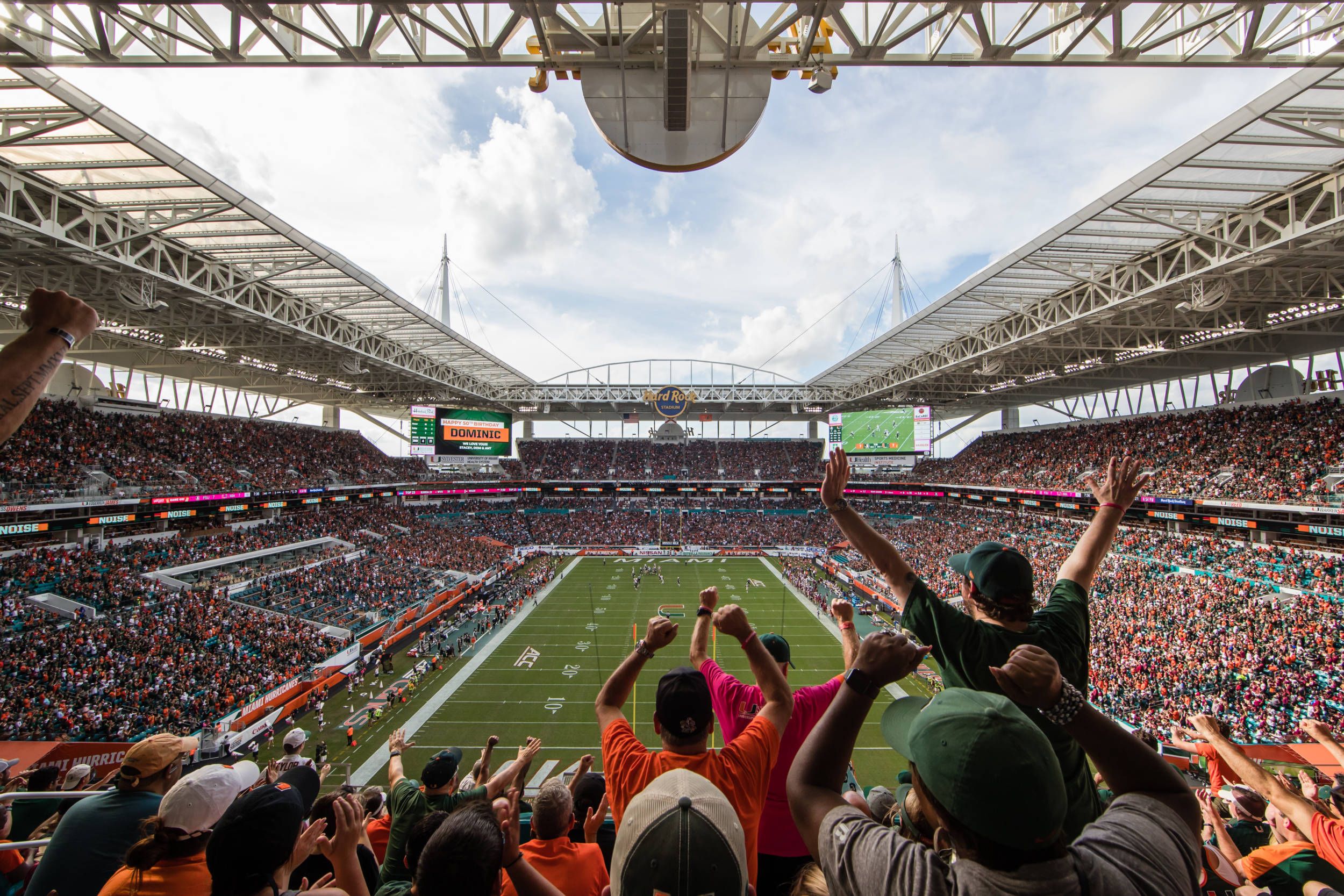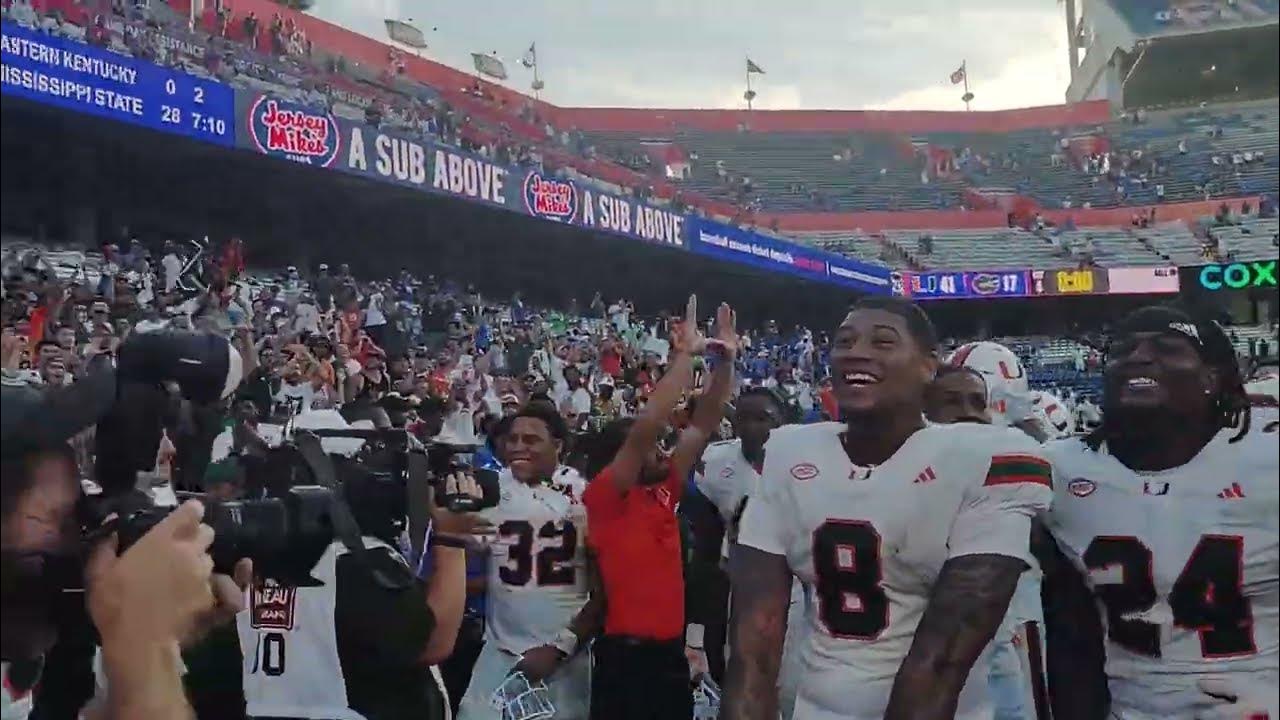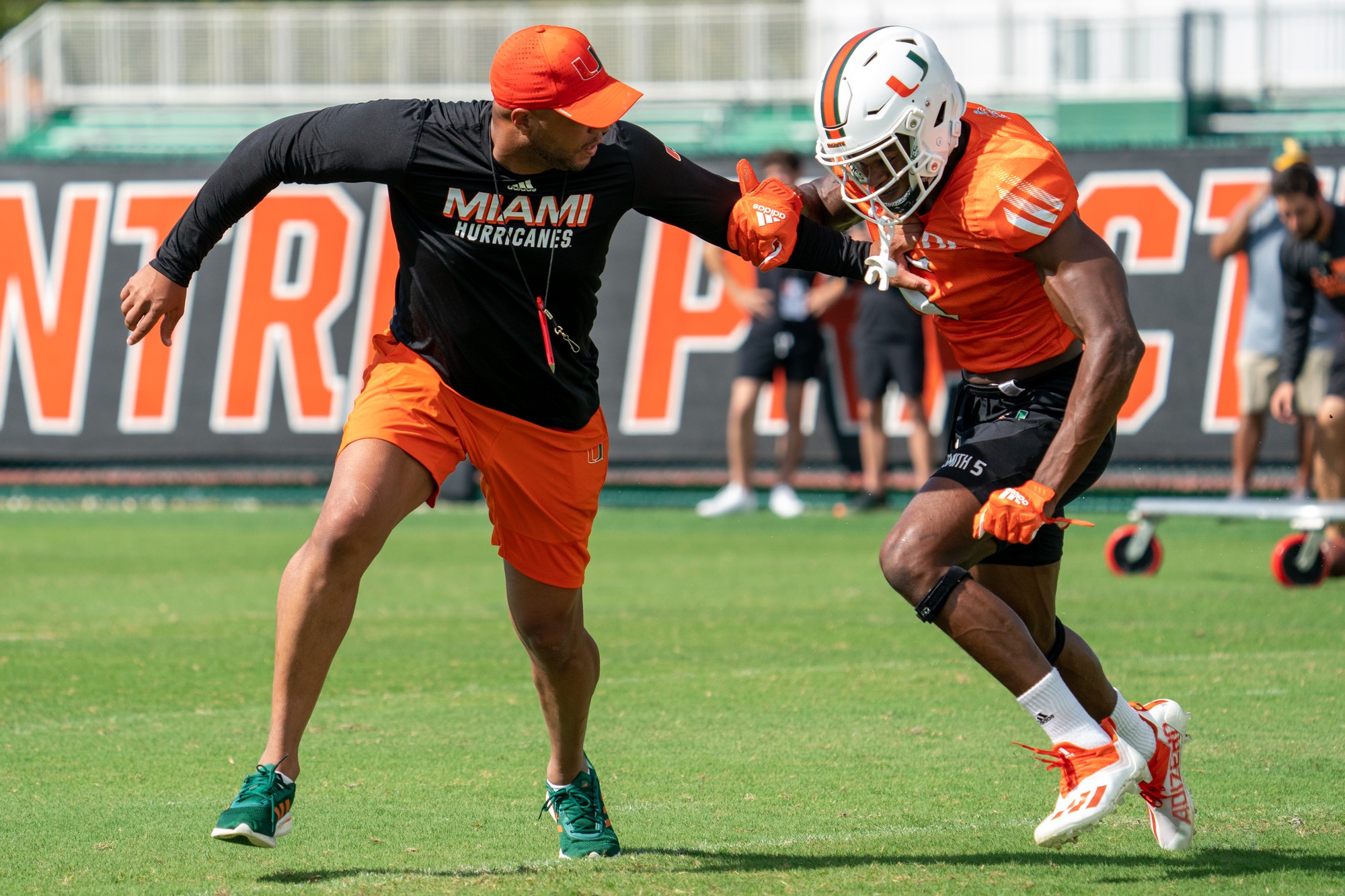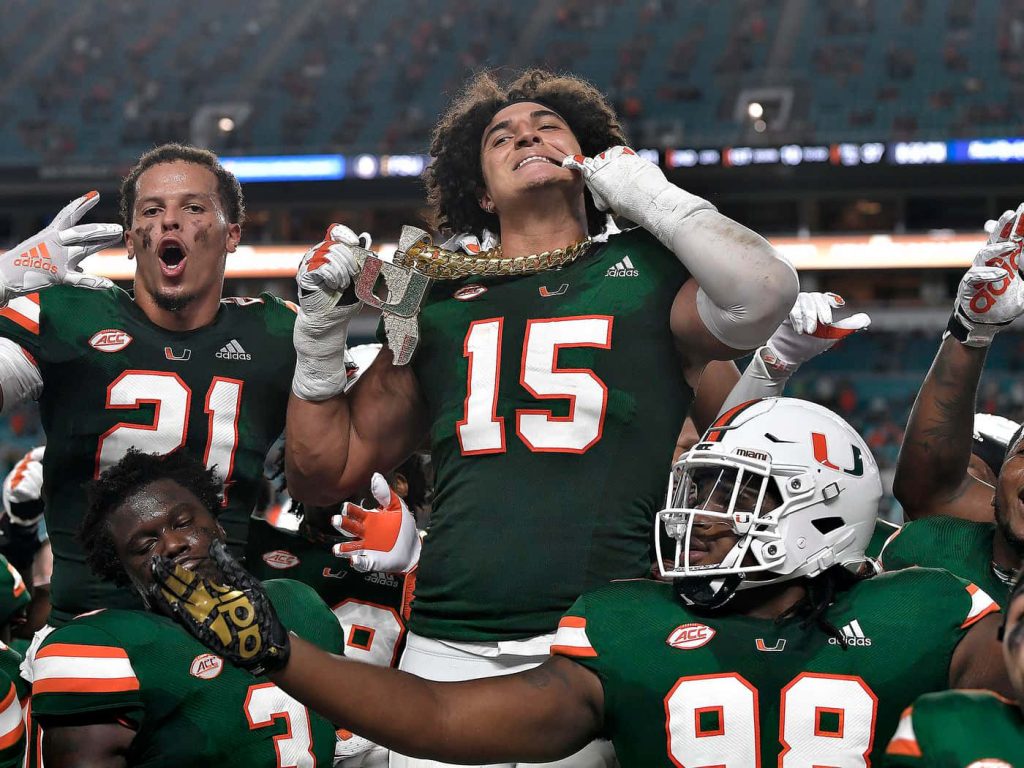The University of Miami Hurricanes football program has long been a symbol of excellence in college football. Known for their swagger, innovation, and consistent success, the Hurricanes have produced some of the most iconic players and moments in the sport’s history. From legendary coaches to game-changing athletes, the program continues to captivate fans and shape the landscape of American college football.
A Legacy of Excellence
Miami Hurricanes football is more than just a team—it’s a cultural phenomenon. The program has earned its place among the elite in college football, with five national championships to its name. These victories came in the 1983 Orange Bowl, 1987 Orange Bowl, 1989 Sugar Bowl, 1991 Orange Bowl, and 2001 Rose Bowl (BCS National Championship Game). Each of these wins solidified Miami’s reputation as a powerhouse, earning them the nickname “The U.”
The Hurricanes’ dominance was not just about winning games; it was about how they won them. Their ability to perform under pressure, combined with a deep roster of talent, made them a force to be reckoned with. Coaches like Howard Schnellenberger, Jimmy Johnson, Dennis Erickson, and Larry Coker played pivotal roles in shaping the program into what it is today.
Iconic Players in Hurricanes History

No discussion of Miami football is complete without mentioning the legendary players who helped build the program’s legacy. Here are ten of the most iconic:
1. Ray Lewis (Linebacker, 1993–1995)
A two-time All-American, Ray Lewis was known for his relentless work ethic and leadership. He laid the foundation for his future Hall of Fame NFL career while becoming a revered figure in Hurricanes history.
2. Ed Reed (Safety, 1998–2001)
Reed was one of the greatest safeties in college football history. His 21 interceptions and four touchdown returns during his career set a standard for excellence in the secondary.
3. Michael Irvin (Wide Receiver, 1985–1987)
Nicknamed “The Playmaker,” Irvin was instrumental in leading the Hurricanes to a national championship in 1987. His speed and clutch performances made him a fan favorite.
4. Ken Dorsey (Quarterback, 1999–2002)
Dorsey led Miami to a 38-2 record as a starter, including a national championship in 2001. He remains the program’s all-time leader in passing yards and touchdowns.
5. Sean Taylor (Safety, 2001–2003)
A generational talent, Taylor was known for his physicality and ability to change the momentum of a game. He recorded 10 interceptions in his final season, one of the best single-season performances in school history.
6. Warren Sapp (Defensive Tackle, 1992–1994)
Sapp revolutionized the defensive tackle position with his combination of size, speed, and agility. He won the Lombardi Award in 1994 and was a consensus All-American.
7. Gino Torretta (Quarterback, 1989–1992)
Torretta quarterbacked the Hurricanes to a national championship in 1991 and won the Heisman Trophy in 1992. His efficiency and leadership made him one of the program’s greatest quarterbacks.
8. Clinton Portis (Running Back, 1999–2001)
Portis was a key part of Miami’s 2001 national championship team. His powerful running style and versatility made him one of the most feared backs in college football.
9. Vinny Testaverde (Quarterback, 1982–1986)
Testaverde was Miami’s first Heisman Trophy winner. His record-setting season in 1986 helped put the program on the national map.
10. Jonathan Vilma (Linebacker, 2000–2003)
Vilma was a tackling machine and emotional leader of the 2001 national championship team. His instincts and playmaking ability made him one of the most respected defenders in school history.
The Rise and Fall of a College Football Powerhouse

The Miami Hurricanes were once considered one of the top programs in the country, consistently competing for national titles. However, in recent years, the program has struggled to maintain that level of dominance. Despite this, the Canes remain a formidable force in college football, with a rich history and a passionate fan base.
One of the biggest challenges for the Hurricanes has been the lack of an ACC conference title. Since joining the Atlantic Coast Conference in 2004, Miami has yet to win a conference championship. This has made it difficult for the program to consistently compete for national titles.
Despite these challenges, the Hurricanes have shown signs of a potential resurgence. In recent seasons, they have made strong showings in the College Football Playoff, indicating that the program is on the path to reclaiming its former glory.
Notable Moments in Hurricanes History

From dramatic finishes to unforgettable performances, the Hurricanes have had countless memorable moments throughout their history. Here are a few of the most iconic:
1983 Orange Bowl
In one of the most dramatic finishes in college football history, Miami defeated Nebraska 17-16 in the 1983 Orange Bowl. With seconds left on the clock, Nebraska attempted a two-point conversion to tie the game, but Miami’s defense held strong, securing the victory and the national title.
1987 Orange Bowl
Miami dominated Oklahoma in the 1987 Orange Bowl, holding the Sooners to just 179 rushing yards. The Hurricanes’ balanced attack and stout defense gave them a convincing win, cementing their status as a national power.
1991 Orange Bowl
Miami completed a perfect 12-0 season by defeating Nebraska in the 1991 Orange Bowl. This victory further solidified the program’s dominance and showcased its ability to perform in high-stakes situations.
2001 Rose Bowl (BCS National Championship Game)
Under head coach Larry Coker, Miami fielded one of the greatest college football teams ever assembled. They capped off a perfect 12-0 season by defeating Nebraska in the Rose Bowl, making it their fifth national championship.
These moments have become part of the Hurricanes’ legacy, reminding fans of the program’s ability to rise to the occasion when it matters most.
Current State of the Program

While the Hurricanes have not won a national championship since the Ken Dorsey era, they continue to be a competitive force in college football. The program has made several strong showings in recent seasons, including a near-miss in the College Football Playoff.
Head coach Mario Cristobal has brought a new energy to the program, focusing on rebuilding and re-establishing Miami as a national contender. With a talented roster and a renewed sense of purpose, the Hurricanes are well-positioned to make a return to the top of the college football hierarchy.
However, the road to redemption is not without its challenges. The Hurricanes must navigate a tough ACC schedule and compete against other elite programs like Clemson, Florida State, and North Carolina. But with the right coaching, players, and support, the Canes are well on their way to reclaiming their place among the nation’s best.
The Future of Miami Football
Looking ahead, the future of Miami football appears promising. The program has a strong recruiting class and a clear vision for the future. With continued investment in facilities, coaching, and player development, the Hurricanes are poised to make a significant impact in the coming years.
Fans can expect to see a return to the dominance that defined the program in the 1980s and 1990s. While there may be growing pains along the way, the foundation is in place for a successful rebuild.
As the Hurricanes continue to build their legacy, one thing is certain: the spirit of “The U” will never fade. Whether it’s through historic wins, legendary players, or passionate fans, the Miami Hurricanes football program remains a cornerstone of American college football.











More Stories
US Trending News: Everything You Need to Know About the Women’s Pro Baseball League
US Trending News: Wizards Vs Bucks: Key Moments and Highlights from the Latest NBA Matchup
Everything You Need to Know About the Women’s Baseball League